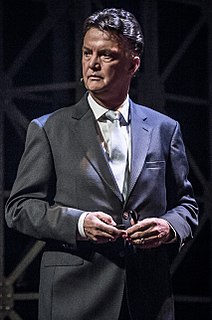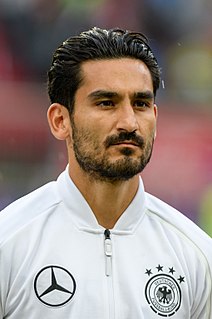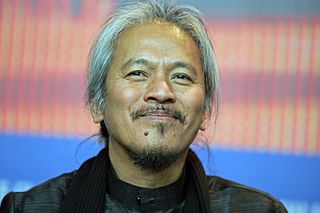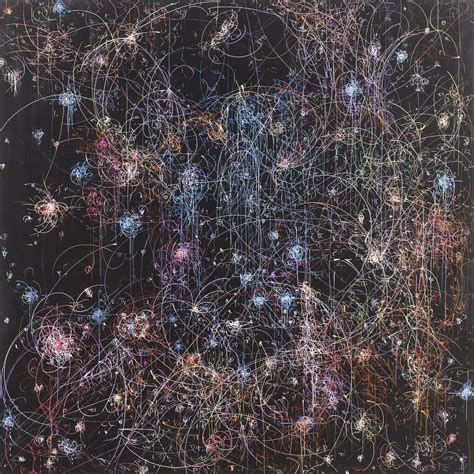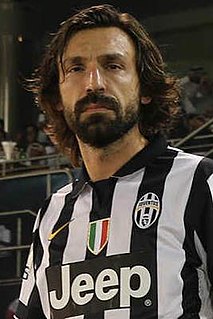A Quote by David de Gea
The style is the same at all levels, which facilitates things: bring the ball out from the back, keep possession, work gaps to create chances. It's like that from the Under-15s all the way through. That's the Spanish way, and it has triumphed.
Related Quotes
Many young web designers view their craft the way I used to view pop culture. It's cool or it's crap. They mistake Style for Design, when the two things are not the same at all. Design communicates on every level. It tells you where you are, cues you to what you can do, and facilitates the doing. Style is tautological; it communicates stylishness. In visual terms, style is an aspect of design; in commercial terms, style can communicate brand attributes.
You put yourself out there in the truest way you can and hope others do the same. You'll connect or you won't, but you did what you could. It's like playing ball in some way. There are guys on the team, like Cody, I'd give my life for. But you have to be willing to lay down your life for all of them if you want to put the best you on the field. Every guy on that field has to believe you'll bring nothing back off the field with you.
I am working in my office. I've got a boss who tells me what to do. He's got a boss who tells him what to do. And above him is another boss who probably is telling my boss in the same way - or my boss' boss in the same way what to do. In actuality, this is not the way things work. Management science says that that kind of a chain doesn't work more than three levels up.
My readers have to work with me to create the experience. They have to bring their imaginations to the story. No one sees a book in the same way, no one sees the characters the same way. As a reader you imagine them in your own mind. So, together, as author and reader, we have both created the story.
I'm not trying to create an aesthetic that's my own; I'm trying to create a way understanding things through drawing and painting. That's the common thread. Things can look different, but that's not what's important. What's important is the process is the same, the ideas are the same, I'm using the same building blocks, but they're different. The larger framework is the same; it's the pieces that change. For me, it's about these different elements, but you're still fitting them together into sentences, words, paragraphs, and stories.
Meaning can be usually be approximated, but often by sacrificing style. When I review my translations into Spanish, that's what I'm most concerned with, reading the sentences aloud in Spanish to make sure they sound the way I want them to. To be honest, I much prefer being translated into Greek or Japanese; in those cases, you have no way of being involved, and no pressure.
For me, it is about using everything that is there and using the gaps in the record, figuring out why the gaps might be there. And then when you move on to the level of what historians said, laying the interpretations side by side. You also have to look back at the documents and make your own judgments. What the record says and what people say about it. A novelist can fill the gaps in a way that a biographer cannot.

